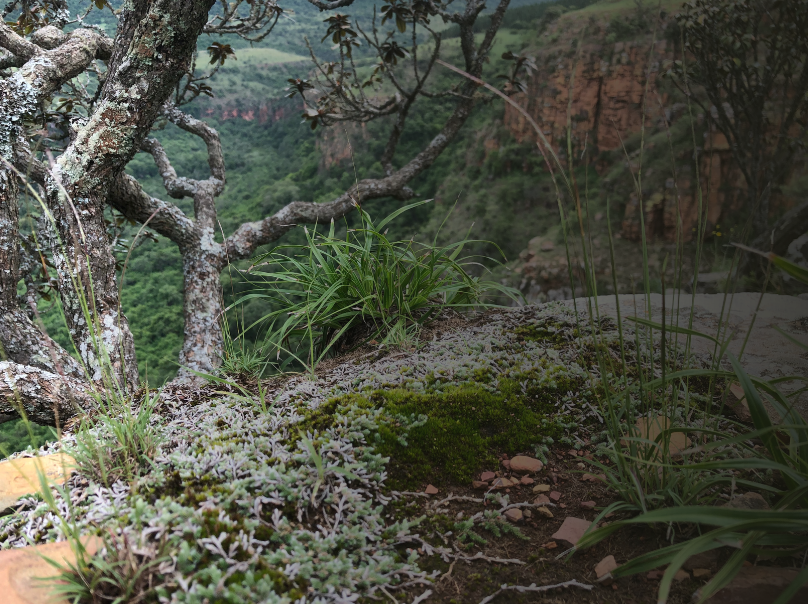Institute DIrector
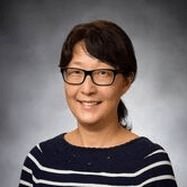
Seung Yon (Sue) Rhee
Director – Plant Resilience Institute, Michigan State University
Professor of Biochemistry and Molecular Biology, Plant Biology, and Plant, Soil, and Microbes, Michigan State University
Theme 1: Surviving the Solid State

Thomas boothby, theme lead
Assistant Professor of Molecular Biology, University of Wyoming
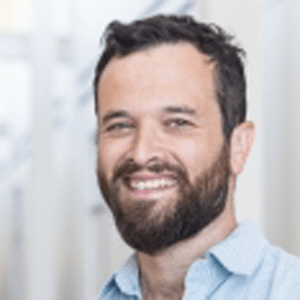
Shahar sukenik, project lead
Assistant Professor of Chemistry, Syracuse University
Project: Is glass strength associated with protective capacity?
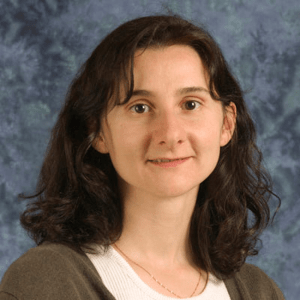
Marisa otegui, project lead
Professor of Botany, University of Wisconsin-Madison
Project: How do cellular structures change during dehydration to solid-state?
Theme 2: Rehydration and Recovery
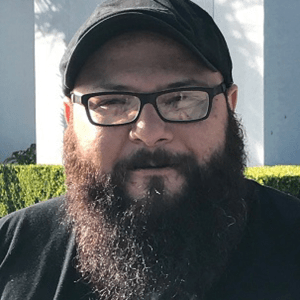
Hugo TAPIA, Theme Lead
Assistant Professor of Biology, California State University Channel Islands
Project: How does partial re-hydration affect desiccation tolerance?
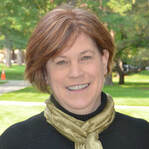
Christina walters, Project Lead
Supervisory Plant Physiologist, USDA-National Laboratory for Genetic Resources Preservation
Theme 3: Molecular Engineering
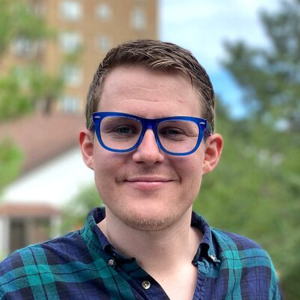
Alex HOLEHOUSE, theme lead & project lead
Assistant Professor of Biochemistry and Molecular Biophysics, Washington University in St. Louis
Project: Rational design of de novo proteins for desiccation tolerance in cells and organisms
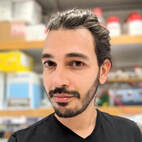
Steven BOEYNAEMS, project lead
Assistant Professor of Molecular and Human Genetics, Baylor College of Medicine
Investigator at Duncan Neurological Research Institute, Texas Children’s Hospital
Project: Molecular rules of membraneless organelle water responsiveness
Theme 4: Evolutionary Dynamics
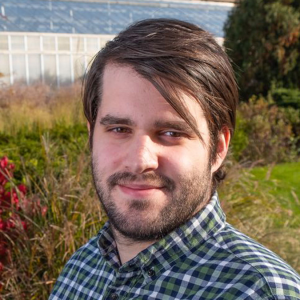
Robert VANBUREN, theme lead & project lead
Assistant Professor of Horticulture, Michigan State University
Project: Identify conserved and lineage-specific molecular responses to anhydrobiosis
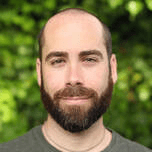
Moises EXPOSITO-ALONSO, project lead
Assistant Professor of Global Change Biology, University of California Berkeley
Freeman Hrabowski Scholar, Howard Hugues Medical Institutes (HHMI)
Project: Identify genetic determinants underlying desiccation tolerance by mining natural variation in seed germination across A. thaliana populations

Rose MARKS, project lead
Assistant Professor of Plant Biology, University of Illinois
Project: Developing the resurrection grass Microchloa caffra as a new system for evolutionary genetics of desiccation tolerance
Animation & Visualization
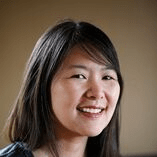
Janet IWASA
Assistant Professor of Biochemistry, University of Utah School of Medicine
Administrative Team
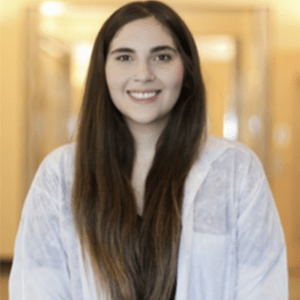
Elena Lazarus
Scientific Coordinator, Michigan State University
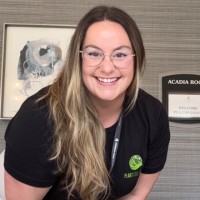
Johanna Murray
Communications Coordinator, Michigan State University
Trainees
Senior Research Associates
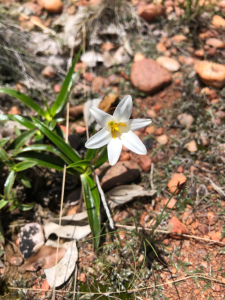
Flavia Bossi
Rhee Lab
Carnegie Science

Hannah Tetreault
USDA-NLGRP

Ryan Emenecker
Holehouse Lab
Washington Univ. St. Louis

Seif Tekaya
Boothby Lab
Univ. of Wyoming
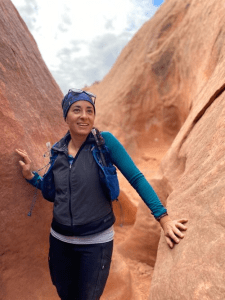
Silvia Sanchez Martinez
Boothby Lab
Univ. of Wyoming
Postdoctoral Researchers

Ann Hui Liu
Iwasa Lab
Univ. of Utah

Barno Rezaeva
Rhee Lab
Michigan State Univ.

Coral Martinez
Otegui Lab
UW Madison

Danielle Hoffmann
Rhee Lab
Michigan State Univ.

Jessica Niblo
Sukenik Lab
Syracuse University

Jinseul Kyung
Moi Lab
UC Berkeley

Olivia Maria Silva Carmo
Boeynaems Lab
Baylor College of Medicine
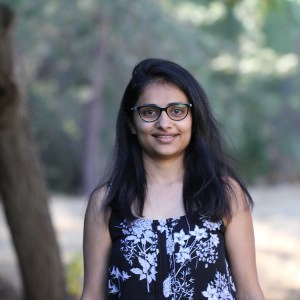
Purva Karia
Rhee Lab
Carnegie Science

Rachel Torrez
Iwasa Lab
Univ. of Utah

Xing Wu
Moi Lab
UC Berkeley
Lab Managers

Lisa Hill
USDA-NLGRP

Trevor Brandt
Sukenik Lab
Syracuse University
Graduate Student Researchers

Abby Jensen
VanBuren Lab
Michigan State Univ.

Aidan Deneen
Rhee Lab
Michigan State Univ.

Aidan Flynn
Holehouse Lab
Washington Univ. St. Louis

Alison Flynt
Boothby Lab
Univ. of Wyoming

Ashton Datko
VanBuren Lab
Michigan State Univ.

August Lipari
Marks Lab
University of Chicago

Cathy Mercado
VanBuren Lab
Michigan State Univ.
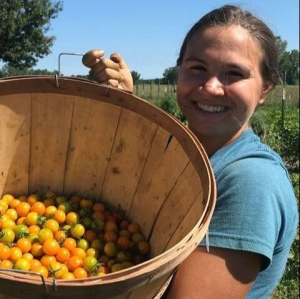
Chloe Grabb
Rhee Lab
Michigan State Univ.

David Cordone
Sukenik Lab
Syracuse University

Erin Cushing
Rhee Lab
Michigan State Univ.

Ethan Weiner
Otegui Lab
UW Madison

Evan Saldivar
Rhee Lab
Carnegie Science

Freya Beinart
Holehouse Lab
Washington Univ. St. Louis

Grace Magavern
Marks Lab
University of Chicago

Jarrod Reister
Boothby Lab
Univ. of Wyoming

Jeffrey Lotthammer
Holehouse Lab
Washington Univ. St. Louis

Jesse Kaleku
Boothby Lab
Univ. of Wyoming
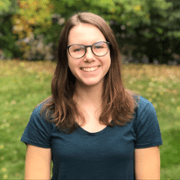
Jenny Schuster
VanBuren Lab Michigan State Univ.
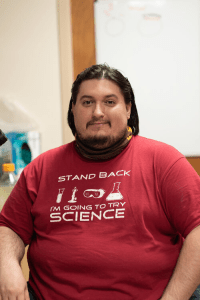
John Ramirez
Boothby Lab
Univ. of Wyoming

Kara Hunter
Sukenik Lab
UC Merced
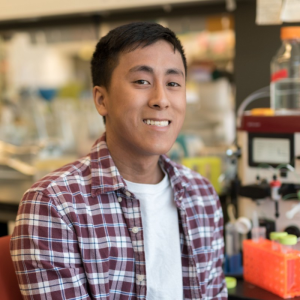
Kenny Nguyen
Boothby Lab
Univ. of Wyoming

Laura Leventhal
Moi Lab
UC Berkeley

Madison Creach
VanBuren Lab
Michigan State Univ.

Miffy Wu
Tapia Lab
CSU Channel Islands

Ryan Brener
Rhee Lab
Michigan State Univ.

Shraddha KC
Boothby Lab
Univ. of Wyoming
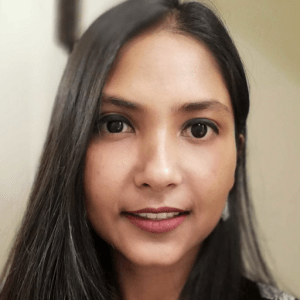
Sourav Biswas
Boothby Lab
Univ. of Wyoming
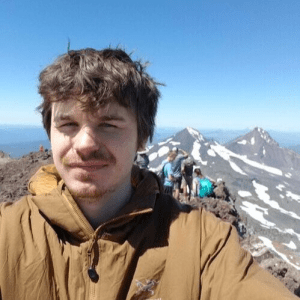
Tyler Gonzalez
Boothby Lab
Univ. of Wyoming

Vindya Kumara
Boothby Lab
Univ. of Wyoming
Research Assistants and Technicians

Andrew Fairclough
Moi Lab
UC Berkeley
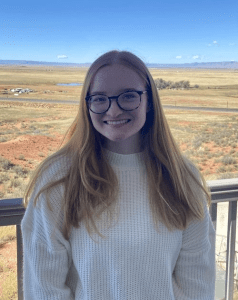
Annie Walgen
Boothby Lab
Univ. of Wyoming

Ben Jin
Moi Lab
UC Berkeley

Shaimaa Ibrahim
USDA-NLGRP

Sheila Ferer
Tapia Lab
CSU Channel Islands
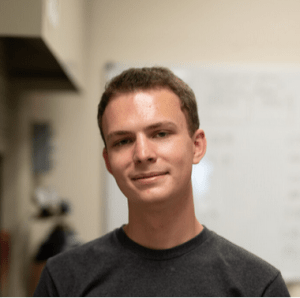
Vincent Nicholson
Boothby Lab
Univ. of Wyoming
Undergraduate Student Researchers

Brandon Reyes
Tapia Lab
CSU Channel Islands

Christell Martinez
Tapia Lab
CSU Channel Islands
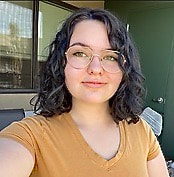
Edie Gollub
Sukenik Lab
UC Merced

Erin Hattan
Sukenik Lab
Syracuse University

Fisher Houston
Marks Lab
University of Chicago

Joshua Sarmina
Tapia Lab
CSU Channel Islands

Karen Galvan
Tapia Lab
CSU Channel Islands

Lea Day
Sukenik Lab
Syracuse University

Ryan Moses
Tapia Lab
CSU Channel Islands

Sini Shqair
Sukenik Lab
Syracuse University
Visiting Scholars

Neusa Steiner
Federal Univ. of Santa Catalina
USDA-NLGRP
WALII Alumni

Alejandra Arroyo
Tapia Lab Alumni
CSU Channel Islands

Alina Vane
Tapia Lab Alumni
CSU Channel Islands

Alisha Greenlaw
Tapia Lab Alumni
CSU Channel Islands

Andrew Scheil
Rhee Lab Alumni
Michigan State Univ.
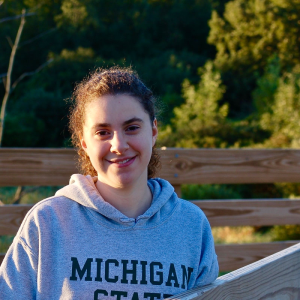
Anna Pardo
VanBuren Lab Alumni
Michigan State Univ.
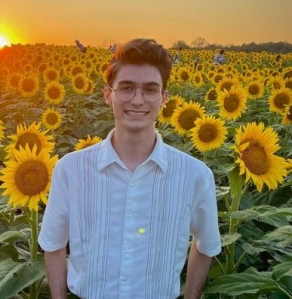
Anthony Trent
Boothby Lab Alumni
Univ. of Wyoming

Ariana Fobbs
Rhee Lab Alumni
Michigan State Univ.

Ashton Datko
VanBuren Lab Alumni
Michigan State Univ.
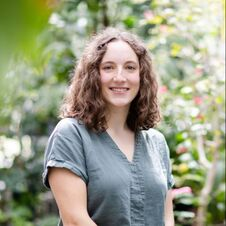
Ava Kloss-Schmidt
Rhee Lab Alumni
Carnegie Science

Azeem Horani
Sukenik Lab Alumni
UC Merced

Cierra May
Otegui Lab Alumni
UW Madison

Dakarai Young
Rhee Lab Alumni
Michigan State Univ.

Elisha Vil
Rhee Lab Alumni
Michigan State Univ.

Emily Heltsley
Tapia Lab Alumni
CSU Channel Islands
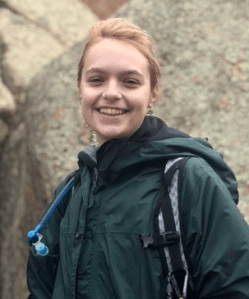
Emma Meese
Boothby Lab Alumni
Univ. of Wyoming

Ethan Gurwitch
Moi Lab Alumni
Carnegie Science

Gaby Amador
Tapia Lab Alumni
CSU Channel Islands

Gaëlle Cassin-Ross
Rhee Lab Alumni
Michigan State Univ.

Garrett Ginell
Holehouse Lab Alumni
Washington Univ. St. Louis

Griselda Padilla
Tapia Lab Alumni
CSU Channel Islands

Isaiah Kam
Rhee Lab Alumni
Michigan State Univ.
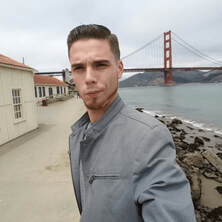
Jack Cox
Rhee Lab Alumni
Carnegie Science

Jacob Gantz
Rhee Lab Alumni
Michigan State Univ.
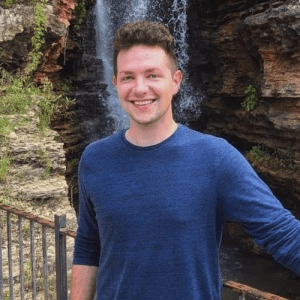
Jacob Loeffelholz
Boothby Lab Alumni
Univ. of Wyoming

Jada Marshall
Sukenik Lab Alumni
UC Merced

Jailene Martinez
Tapia Lab Alumni
CSU Channel Islands

Kap Kapoor
Rhee Lab Alumni
Michigan State Univ.

Keegan Pham
Moi Lab Alumni
Carnegie Science

Landon Lee
Boothby Lab Alumni
Univ. of Wyoming

Laura Santos e Silva
Flemming Lab Alumni
Michigan State Univ.

Loretta Klecker
VanBuren Lab Alumni
Michigan State Univ.

Maliheh Esfahanian
Moi Lab Alumni
Carnegie Science

Manuel Cubillos
Boeynaems Lab Alumni
Baylor College of Medicine

Margaret Mattson
VanBuren Lab Alumni
Michigan State Univ.

Margot Riggi
Iwasa Lab Alumni
Univ. of Utah

Margaret (Grace) Flemming
Flemming Lab Alumni
Michigan State Univ.

Matt Chansler
Flemming Lab Alumni
Michigan State Univ.

Matt Stata
Rhee Lab Alumni
Michigan State Univ.

Maxwell Packebush
Boothby Lab Alumni
Univ. of Wyoming
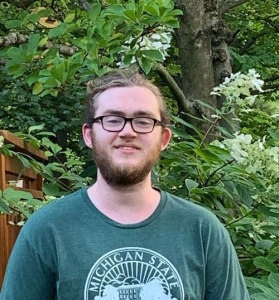
Michael Ozolins
Flemming Lab Alumni
Michigan State Univ.

Nicolas Mendez
Boeynaems Lab Alumni
Baylor College of Medicine

Peyton Vanada
Rhee Lab Alumni
Michigan State Univ.

Robyn Zallen
Flemming Lab
Alumni
Michigan State Univ.
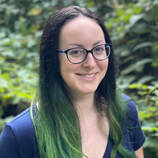
Selena Rice
Rhee Lab Alumni
Carnegie Science

Serena Lotreck
VanBuren Lab Alumni
Michigan State Univ.

Siavash Heshmati
Flemming Lab
Alumni
Michigan State Univ.

Sofia Romero
Sukenik Lab Alumni
UC Merced

Sterling Field
Rhee Lab Alumni
Michigan State University

Will Dwyer
Rhee Lab Alumni
Carnegie Science

